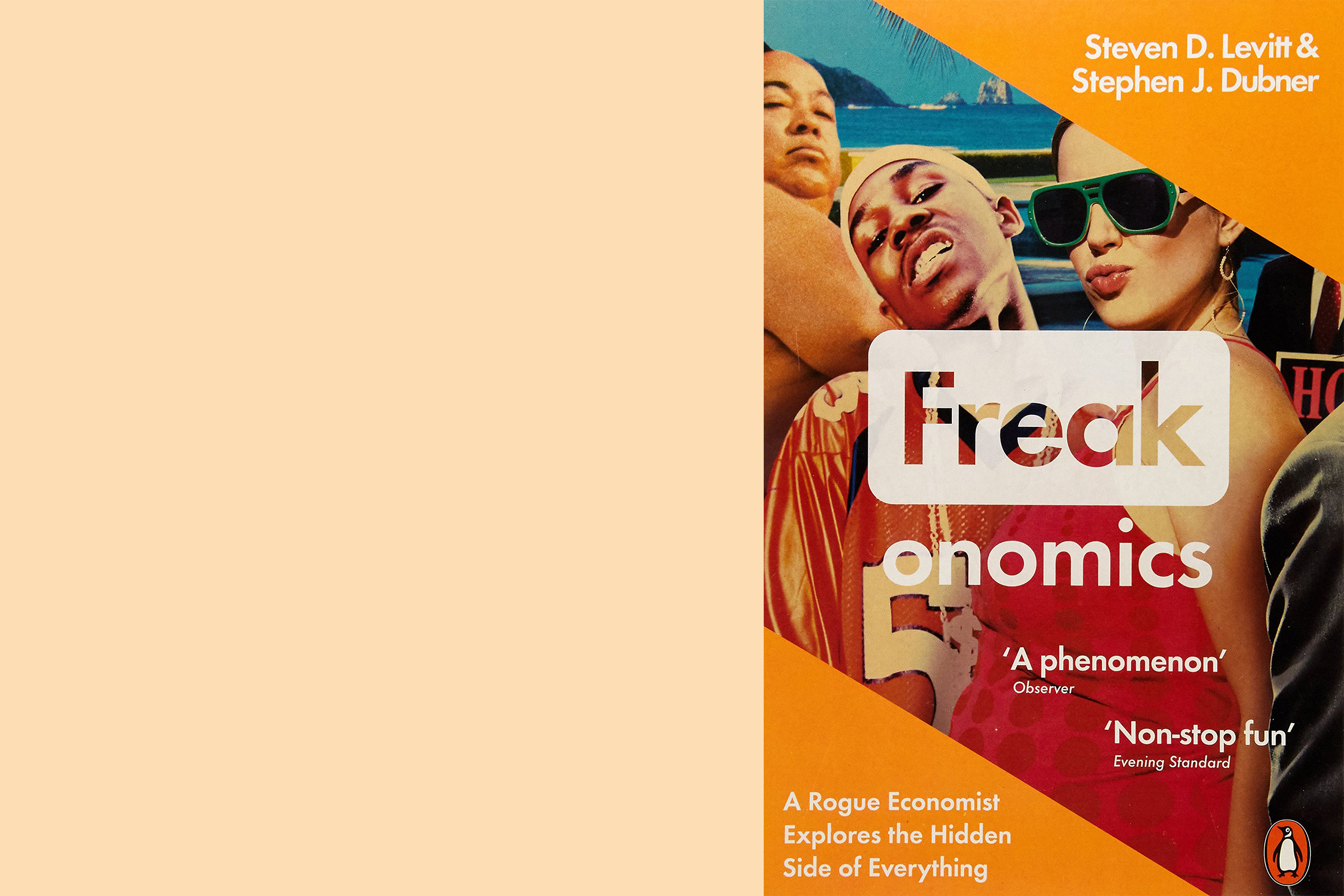Blog | Freakonomics
In various lectures I’ve given over the years, I often slip in recommendations for a few of my favourite business books for architects. What sets these books apart is that none of them are actually about or by architects. That’s not to say there aren’t some great books that merge business and architecture, but I believe strongly in the need for us to learn about business from beyond our educational horizon.
As you’ll see, I’m particularly interested in the worlds of technology and startup entrepreneurship, disciplines that relentlessly question their methods of production. I also prefer books with strong narratives, that match the weight of their instruction with equally engaging storytelling.
So here we go, the sixth of eight of the most influential books on my thoughts about architecture, creativity, business and entrepreneurship:

Freakonomics by Steven Levitt and Stephen Dubner, 2006
Synopsis:
The OG book about big data.
Why I like it:
The world is a weird and wonderful place, full of unusual questions waiting to be asked. Like why drug dealers still live with their parents, what school teachers have in common with sumo wrestlers, or how the Ku Klux Klan is like a group of real estate agents. Levitt is an economist with an almost pathological interest in these and other provocations, and Dubner a talented journalist who crafts compelling stories out of each one.
Together they use big data to dive beneath the surface of some very weird questions, relentlessly asking what incentivises people to behave in the way they do.
Fun fact:
In Chapter 1, Levitt and Dubner briefly reflect on the insights of fellow data lover Paul Feldman, a bagel salesman who from the mid 1980s to mid 2000s conducted an accidental economics experiment into white collar crime. Every week for 20 years he delivered around 10,000 bagels to different companies around Washington, payment for which was via an honesty box. And every week he recorded the number of bagels that weren’t paid for (ie. stolen). He discovered for example that small companies were 3 – 5% more honest than big companies, that 9/11 permanently increased the honesty of his customers by 2% and that each year Christmas temporarily decreased it by the same 2%.
Why architects should read it:
This book unravels secrets via data. And as regular readers of this blog will know, I love data. Like, really love it. I believe that knowing how to handle it is an incredibly powerful skill for any architect. We don’t sell bagels of course, but we do sell time. Knowing how much to charge for that time, how to proactively spend less of it where it doesn’t matter, or how to translate it into a sustainable business are all supercharged by an attitude that values big data. Freakonomics is a mesmerising crash course into this essential discipline.
Stay tuned for the next article, where I share another of my favourite business books for architects. An archive of the series can be accessed here.
Image:
- Freakonomics by Steven Levitt and Stephen Dubner, 2006